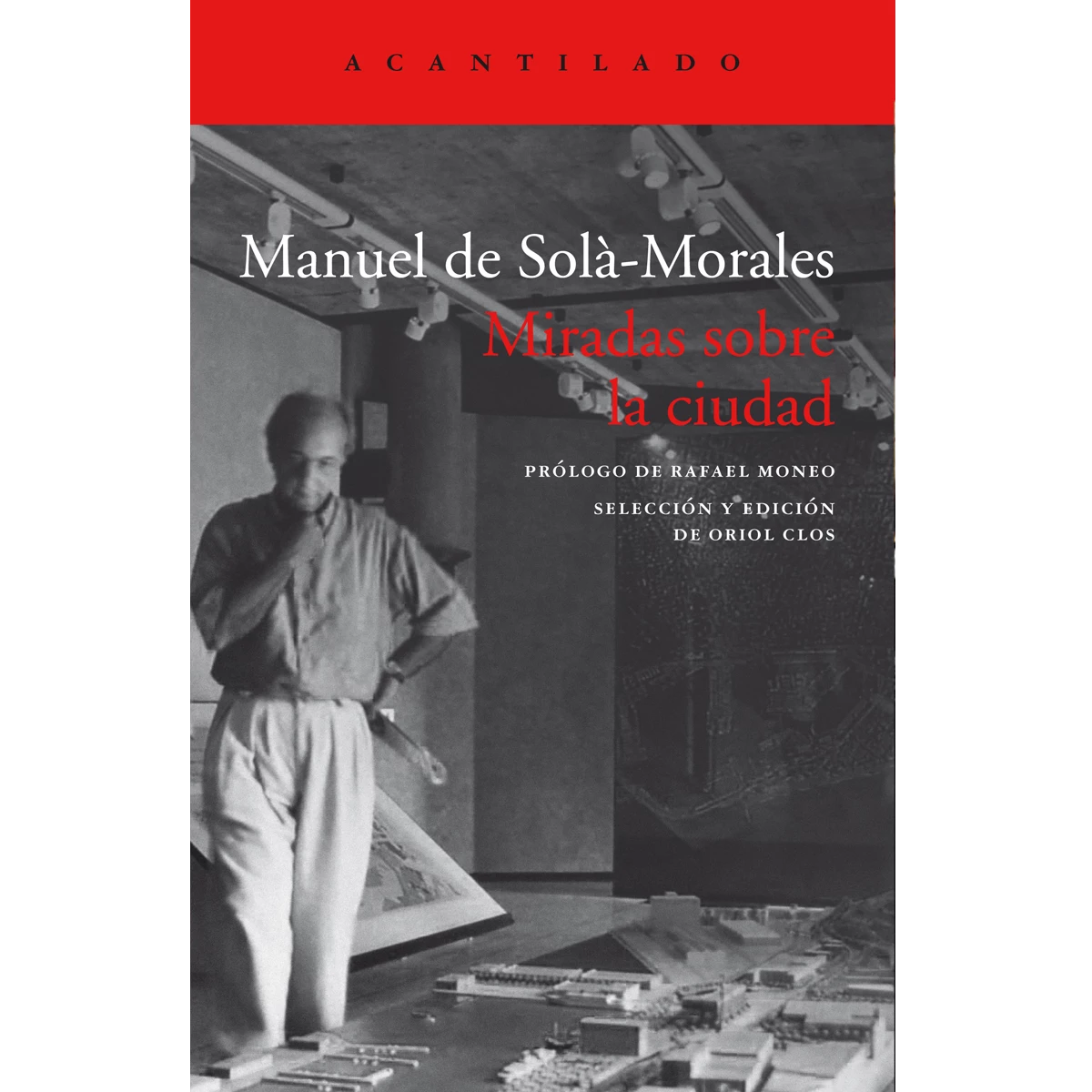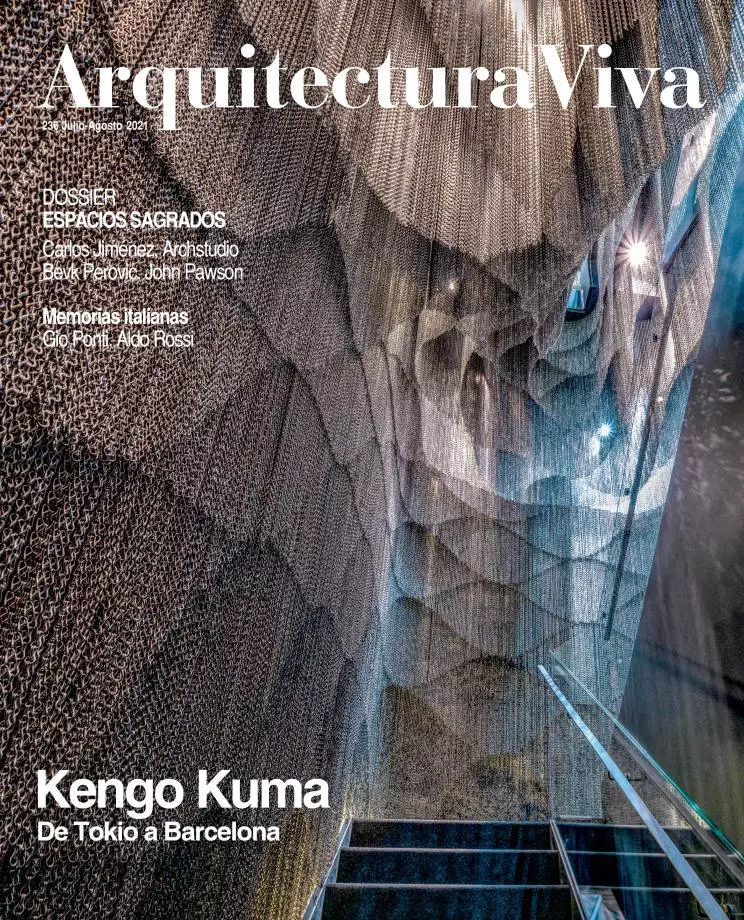Ciudad teórica
Solà-Morales Compiled

This book on urban planning, despite its seductive erudition and lucid reasoning, does not lead to a solid conclusion in the way that texts by Rose or Glaeser do. Sometimes it sounds more like the inspired uncertainty of the most recent Sennett or the poetic evocations of Hertmans.
Late in life, Manuel de Solá-Morales took pains to put his thoughts in order around his major themes: Cerdá and the Eixample, the didactics of urbanism, the importance of the project in the face of the insurmountable complexity of ‘things urban.’ But in a way, his contemporary affinities were what put order and structure to his texts. Oriol Clos takes on the daunting task of leading us through a discourse that has consistently questioned the comfortable certainties that smug practices can regularly settle into. It is not easy to reconstruct a line of thinking that found its ideal medium in the classroom, around a table, or in debate, but Clos meets his objective.
The city was for Solá-Morales ungraspable but not incomprehensible; hence his attention to theory. We should thank Clos for reinstating lost links that more simplistic revisions may have allowed to fall into oblivion forever, writings we would do well to read and reread from the angle of current arguments.
As much for those who knew Solà-Morales and had him for a teacher, as for anyone venturing into this thinking for the first time, this book, as Rafael Moneo says in the foreword, lets us hear his words anew, feel him alive. From a radical standpoint of now.






